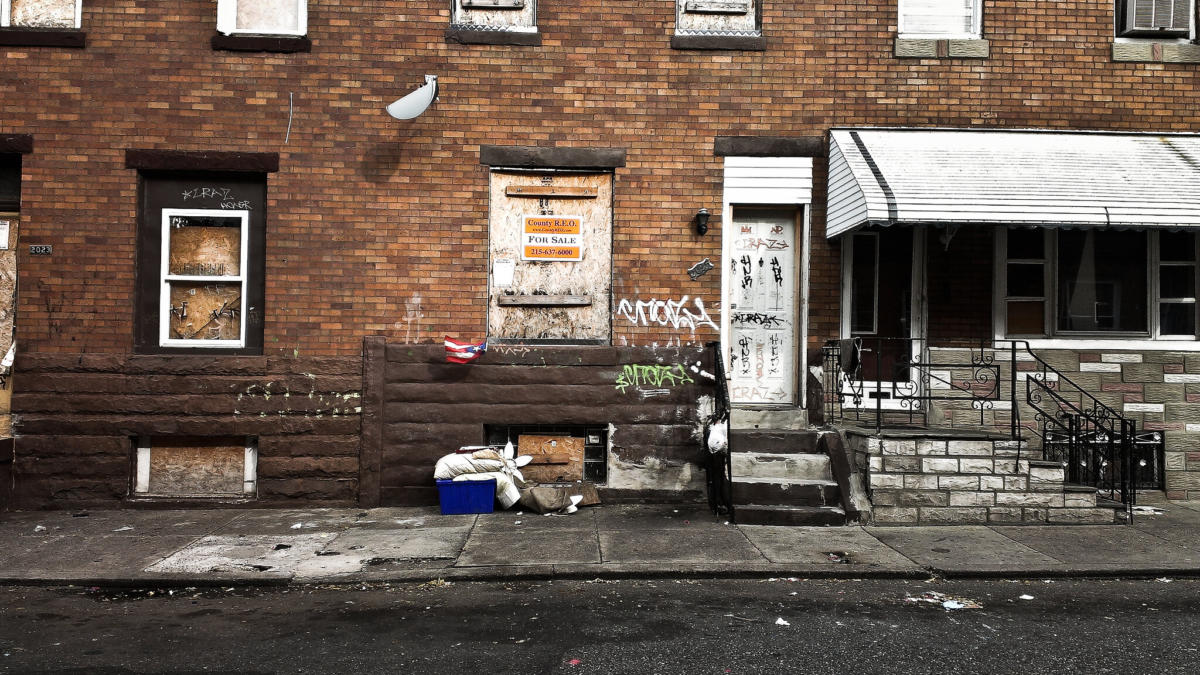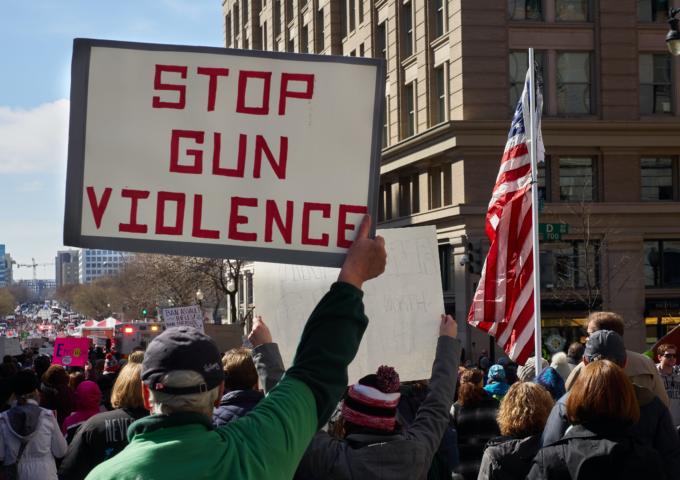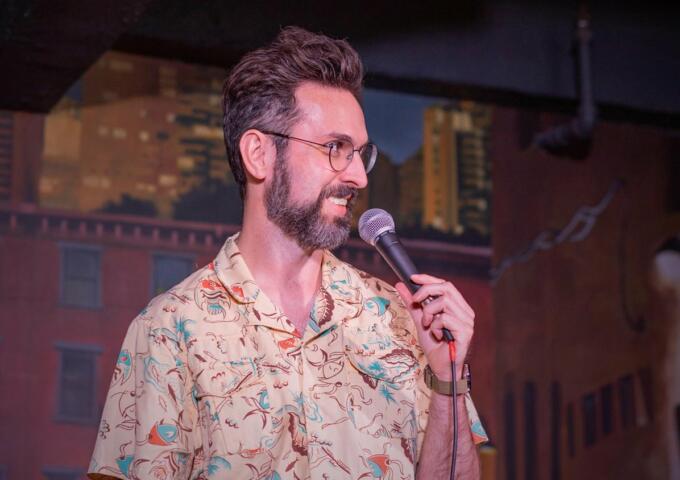As politics have become more national and ideological, rural areas of the country have been seen as the biggest losers of this shift. Small towns and sparsely populated counties can’t rely on old political alliances like they once did, and the old elite that used to stay there now heads to bigger cities and corridors of economic growth.
However, competency in big-city government has also suffered. Instead of city council members and mayors running on platforms attuned to local concern, campaigns are built with an eye of how to appeal state- and nationwide. The nuts and bolts of good governance fall by the wayside. Instead, progressive bona fides or restrictive-immigration extremism is the name of the game, sure to drive campaign donations and grab attention from cable news.
Sometimes, we don’t need grandiose statements about foreign policy, health care spending local leaders can’t change, or condemnation over the story of the week. Instead, we need local politics that responds to local problems.
Problems like the need to build more housing, as the tragedy of the Fairmount apartment fire made clear. The costs are easy to ignore — until they aren’t. Apartment overcrowding doesn’t become a hot-button issue because those who hold the politicians’ ears tend to obsess over parochial things like forgiving student debt for graduate students.
A competent local government doesn’t waste time on national issues out of its control. It finds the most pressing local problems and ameliorates them. Rising rents and housing prices are a crisis to solve now because they will be a disaster in a decade if the city doesn’t get serious about greenlighting a construction frenzy. Otherwise, only the wealthy will be able to afford to live in Philadelphia.
Similarly with crime, an all-time murder record in the city hasn’t led to collaboration and a new commitment to do better. Instead, finger pointing and passing the blame reign supreme. A utopian district attorney can’t take all the heat, as an intransigent police union, a mayor reluctant to lead, and a city council that avoids reform make clear.
Philadelphia could be looking to other cities (or countries) and learning how to build more apartments, or reduce crime, or make the buses run on time. But we don’t. Bring taxes down and attract businesses here? Learn how to pave a road and add in a bus lane? City Council is too timid and too narrow-minded to even raise the price of a street parking permit. It’s a 1970s-era philosophy of governance that will be dragged kicking and screaming, if at all, into something new.
Occasionally, there’s a flash of something different. City Controller Rebecca Rhynhart has been insistent in accounting for how the city spends taxpayer money — and demanding better. Maria Quiñones-Sánchez was the only one on city council to demand disgraced Councilman Bobby Henon resign for being corrupt and betraying the public trust. It’s not that difficult to imagine a future Philadelphia where we jail corrupt politicians, rent prices fall, and we prioritize public safety in every neighborhood. Justice, prosperity, and freedom aren’t that far out of reach. Neither is efficient public transportation, a cleaner environment, and a school system that prepares its youth for the future.
The problem is the fatal attraction of inertia. The siren call of national politics and utopian rhetoric clouds our vision of the concrete work that is in front of us, waiting to be done. One day, if we’re lucky, we can bring the city down to Earth and fix the problems at hand.





